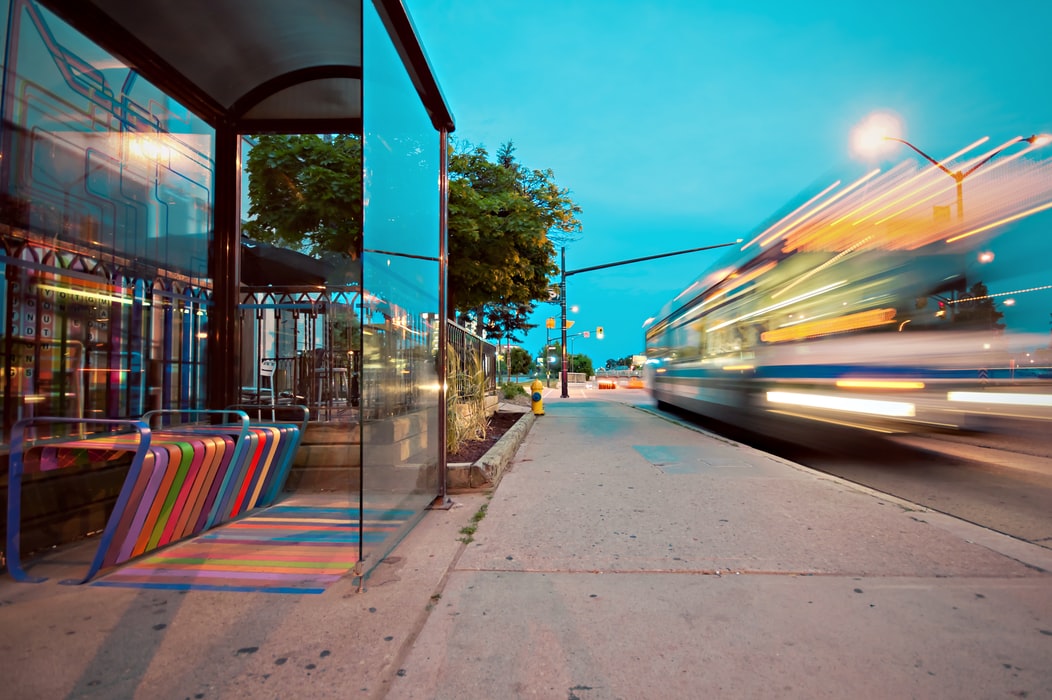Paris, Bordeaux, Marseille and Lyon. These are the most congested French cities according to a study by Inrix. In France, traffic jams cost drivers nearly 20 billions euros in time lost, over-consumption of fuel, equipment wear and tear and unproductiveness caused by delays. This is not the only issue when it comes to mobility. Large cities are also saturated by pollution when peripheral territories struggle to develop sustainable transport solutions. One thing is certain: the future of mobility contraste with the last fifty years model. If we can’t eradicate the car overnight, we can change its use. And that’s just one solution among many. Let’s project ourselves into the future of urban mobility.
Tomorrow, a greener urban mobility
Hybrid cars are already a reality. Tomorrow, it could be the dawn of electric vehicles. If they already exist, the technology is still in development. Every year, manufacturers improve battery power, battery life and vehicle options. However, the market maturation can only be achieved when the charging stations are available in sufficient number. Urban equipment adapts, but it may take time. Fortunately The LOM (Mobility Orientation Act) law imposes strict rules : charging stations will be mandatory in all car parks with more than ten spaces, in new or renovated buildings, as well as in all car parks with more than 20 parking spaces in non-residential buildings by 2025.
When it comes to green mobility, Norway is an inspiring example. For the first time in history, more than half of the new cars sold in Oslo are electric and the city is now considered the world capital of electric vehicles.
Tomorrow, a shared urban mobility
A car spends on average 95% of its time on stop. This huge indicator highlights the importance of the transition from the era of possession to the era of use. The trend is to leave the individual car for new solutions. For instance, car sharing, private rentals and carpooling are alternatives that promote shared mobility. The car becomes a way of locomotion like any other, and is no longer seen as an extension of its property or home.
In Canada, Vancouver is considered the car-sharing capital in North America. In total, more than 3,000 shared vehicles cross the road every day, and the demand for public transit is growing. Travel patterns are changing and communities need to adapt.
Tomorrow, a smart mobility
As a result of technological progress and a new ecological, social and societal craze, Smart Cities are now buildings, neighborhoods or entire cities that are connected, semi-autonomous and intelligent. Through the AI development and data processing, mobility generates and uses a large amount of data to optimize its operations and which can serve many causes, such as:
- The real-time availability of parking spaces.
- Better traffic management with smart traffic lights.
- A more efficient sharing of public space.
- Public transport schedules respected and updated in real time.
- The emergence of autonomous cars.
Intelligent mobility depends closely on the evolution of technologies: big data, cloud computing, geofencing, 5G, etc. The more communities integrate these innovations into their projects, the more effective mobility can be.
Tomorrow, a plural mobility
Despite the efforts of the territories, it is impossible to satisfy everyone in terms of mobility. The future is therefore a better complementarity of transport modes. You can drive to a station, take a bike out of your trunk to catch the train, and once you arrive at your destination station, you can cycle to work. With shared data and optimized software solutions, tomorrow’s intermodality will be fluid and latency-free.
In the United States, entrepreneur Elon Musk (Space X, Tesla, Hyperloop…) explores underground traffic with his new company “The Boring Company”. He wants to dig tunnels under cities that will be used by cars on smart platforms. Projects are being tested in California and several contracts are under discussion in particular in Chicago and Las Vegas.
Urban mobility is a subject that structures the organization and future of our society. And its future looks bright to connect all territories, reduce the social divide, make travel cleaner and transform knowledge and technology into a lever for performance.




